 Organizations today encounter a significant challenge in handling and safeguarding data. The reasons include the inflow of various customer and business information, the widespread use of multiple devices, and the growth of remote work arrangements. As businesses increasingly rely on data for decision-making and forecasting, the need for reliable storage solutions has become important.
Organizations today encounter a significant challenge in handling and safeguarding data. The reasons include the inflow of various customer and business information, the widespread use of multiple devices, and the growth of remote work arrangements. As businesses increasingly rely on data for decision-making and forecasting, the need for reliable storage solutions has become important.
How can organizations protect their data and assets without making things overly complicated? Let’s discuss these challenges and learn about available solutions to keep organizations on top of their game.
Why Is Data Agility And Security Important?
Data serves as the lifeblood of organizations, whether they have a digital business model or not. Securing your critical data assets is as equally vital as maintaining the tangible aspects of your business ecosystem. Data agility and security are not mere buzzwords; they are essential elements that significantly impact businesses. Let’s explore why prioritizing these aspects is crucial for any organization.
- Reputation Matters. Building a healthy brand reputation requires a reputable product/service, significant workforce investment, meeting consumer needs, and keeping all stakeholders/investors abreast of all significant business events/transactions. Meanwhile, customers, partners, and stakeholders also expect their sensitive information to be handled with care. Yet, an overnight data breach can shatter even the strongest of brand reputations that took years to build. Prioritizing data security helps ensure your organization is maintaining its integrity and preserving customer trust.
- The High Cost Of Breaches. Data breaches come with significant financial losses and long-term impact. Moreover, the damage to brand value leads to decreased revenue and customer turnout. By prioritizing data security, you invest in risk mitigation and prevention. This approach is far more cost-effective than remediation.
- Operational Efficiency. Cybersecurity incidents disrupt productivity and business operations. When systems are compromised, employees spend valuable time firefighting instead of focusing on growth. Prioritizing security ensures minimal disruption to business operations and a proactive, long-term approach to risk management.
- The Cloud Dilemma. Cloud adoption transforms business processes, but also introduces additional security complexities. When transitioning to the cloud, it is important to understand what the shared responsibilities are between the enterprise and the cloud provider. Directives around access controls, encryption, and continuous monitoring must be identified and implemented. Ignoring these critical measures puts data integrity at serious risk.
- Data Agility Requires A Secure Foundation. Simply put, data agility enables an enterprise to make simple, powerful, and immediate changes to how their information is interpreted and acted upon. As organizations adapt to market changes, security checkpoints should be integrated into agile processes -- whether through DevSecOps practices or continuous monitoring.
Data agility and security are symbiotic. The strength of your data security directly impacts your business’s resilience and longevity. Prioritizing both ensures your organization thrives in a dynamic digital landscape.
Enabling Data Security And Agility In Operations
When organizations aim to improve both data security and agility, they need to consider storage solutions aligned with the five strategic objectives we mentioned above. Here are the key points to focus on when selecting a comprehensive solution:
- Data Integrity And Transparency: Maintaining data consistency and accuracy is essential for any organization’s reputation. To achieve this, preventing unauthorized access and maintaining detailed audit logs are important to ensure transparency and accountability. Solutions like HPE Alletra ensure data consistency and monitoring across distributed systems to prevent discrepancies. This robust data integrity fosters trust with both customers and regulatory bodies.
- Simplified And Cost-Effective Security: Consider investing in a solution with file and block storage capabilities while streamlining data protection features into a single platform. This approach reduces the costs associated with managing separate security tools. Furthermore, if the platform includes predictive analytics, it can proactively detect threats and minimize the risk of breaches.
- Automation And Rapid Recovery: Automated data management boosts business productivity and ensures faster recovery during security incidents.
- Cloud Security Reinforcement: You get value in your investment when the storage solution integrates seamlessly with cloud environments. Key features should include encryption and fine-grained access policies, which are especially useful when you migrate critical applications to the cloud. Organizations benefit from data confidentiality and compliance across all their data, regardless of where it resides.
- Agility And DevSecOps Synergy: When organizations invest in proper storage solutions like HPE Alletra, they benefit from its agile data movement features. These allow seamless and secure transfers across different storage tiers. For organizations engaged in data-intensive projects, secure data movement during agile development cycles should be a priority without compromising safety.
Businesses flourish in a data-centric environment when they choose to invest in reliable storage and security platforms.

Which Solution Should You Consider?
Reliable data protection is significant for any organization. Recognizing this critical need, HPE developed Alletra, a versatile storage platform designed to meet the evolving demands of businesses.
HPE Alletra seamlessly integrates file, block, and data protection services to streamline IT operations. With support for Network File System (NFS) and Server Message Block (SMB) protocols, it ensures scalability and facilitates efficient collaboration and data sharing across the organization.
For critical workloads, Alletra’s block services deliver optimal responsiveness. Whether handling databases, virtual machines, or other performance-intensive tasks, Alletra provides the necessary speed and reliability. Moreover, advanced features such as snapshots, replication, and encryption mitigate various threats and enhance overall security.
HPE GreenLake edge-to-cloud integration enhances the value of Alletra by offering users a consumption-based model for greater flexibility. Additionally, the platform ensures intuitive and consistent management across various deployment environments. This seamless connectivity between on-premises data centers and public clouds optimizes performance and agility. Furthermore, Alletra Storage MP enhances the ecosystem by offering high availability, data reduction, and predictive analytics capabilities.
HPE Alletra empowers businesses with data agility, robust security, and innovation. As organizations navigate the complexities of the digital era, HPE serves as a reliable partner in each business’s transformative journey.
Final Thoughts
HPE Alletra, a robust data management solution, empowers businesses by enhancing data agility, security, and innovation. As a leading IT solutions provider, WEI collaborates with HPE to streamline infrastructure and enable data-first modernization. Contact our team of experts, as we’re ready to support your data agility and security goals.
Next steps: The IT consumption model allows businesses with an on-prem footprint to benefit from the cloud. This includes networking, storage, data protection, etc. Learn more in our free tech brief below:











